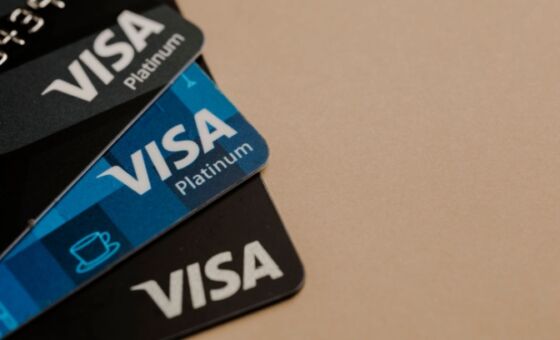Can you get a credit card on a low income?
If you have a low income, you may be eligible for a credit card but your options may be more limited than a person with more disposable income.
Some credit cards have minimum income requirements, which can be as low as $15,000 per year for some cards. Other cards do not list specific income requirements, but you will still need to meet the provider’s eligibility criteria to get approved.
What are low income credit cards?
Generally, if you’re on a low income you are more likely to be eligible for a more basic credit card. These cards tend not to offer the same perks as rewards or premium cards, such as the ability to earn frequent flyer points, complimentary travel insurance or access to airport lounges.
The more ‘premium’ a credit card appears and the more perks it has on offer, the higher its minimum income requirement tends to be.
But on the upside, basic credit cards often charge lower annual fees or have lower purchase rates. This could help you keep costs down, compared to taking out a pricier frequent flyer or rewards card.
How do I get approved for a low income credit card?
When you apply for a credit card, you’ll need to prove to the provider that you can afford the credit card repayments. Credit card providers legally can’t give you a credit card if they think you won’t be able to afford it due to Australia’s responsible lending laws.
You’ll typically need to give your chosen credit card provider information about your employment and income (such as payslips and bank statements), as well as information about your assets, debts and general living expenses.
This means that even if a particular credit card doesn’t have a minimum income requirement listed, it’s possible the card provider will still take your income into account as part of deciding whether to approve your application.
What are some pros and cons of getting a credit card if you have a low income?
If you’re thinking about getting a credit card it’s important to weigh the potential advantages against the risks.
Pros
- You may still be able to get a low-fee or low-rate credit card, which could work out cheaper than a card with rewards points or other features.
- If you make your repayments on time, this could help build your credit score.
Cons
- It can be easy to get into credit card debt. If you fall behind on your credit card repayments, you may be charged fairly high interest rates when compared to other forms of credit (e.g. personal loans).
- The fees on some credit cards can be quite high.
- Your options may be limited as you may not be eligible for as many credit cards as a person with a higher income.
- If you miss your repayments or make too many credit card applications in a short period of time, this could damage your credit score.
What should I look for in a low-income credit card?
If you’re comparing credit cards as a low income earner, consider factors such as:
- Minimum income requirements – check whether the provider lists a minimum income requirement and what type of income it will accept. For example, some providers may not accept certain kinds of government payments (e.g. jobseeker). If no minimum income is listed, check what other eligibility requirements are listed and the minimum credit limit available.
- Fees – you may be able to get a low-fee credit card. Check how much the annual or monthly fee is for any cards you’re considering. Also check for other fees, such as late payment fees, cash advance fees and international transaction fees.
- Interest rates – you might also be able to get a low purchase rate card. The purchase rate is the interest rate that will apply if you don’t repay your balance in full by the due date.
- Interest-free days – it’s also worth checking the number of interest-free days on offer. Credit cards usually offer up to 44 or 55 interest-free days on purchases. This applies so long as you pay your closing balance in full on time each month.
- Features – also check whether the card comes with any additional features or perks that are important to you.
Before you apply for a credit card, make sure you meet all the eligibility requirements. In addition to any income requirement, you’ll also typically need to be at least 18 years old, be an Australian resident or hold an eligible visa, and have a good credit history. You can check your credit score for free with Canstar or via the Canstar App.
It’s also important to read all relevant documentation, such as the Key Facts Sheet and Target Market Determination (TMD), for any credit card you are considering.
If you find yourself dealing with financial stress, the National Debt Helpline (NDH) provides free, independent, confidential financial counselling. It can be reached on 1800 007 007 or via its website.









